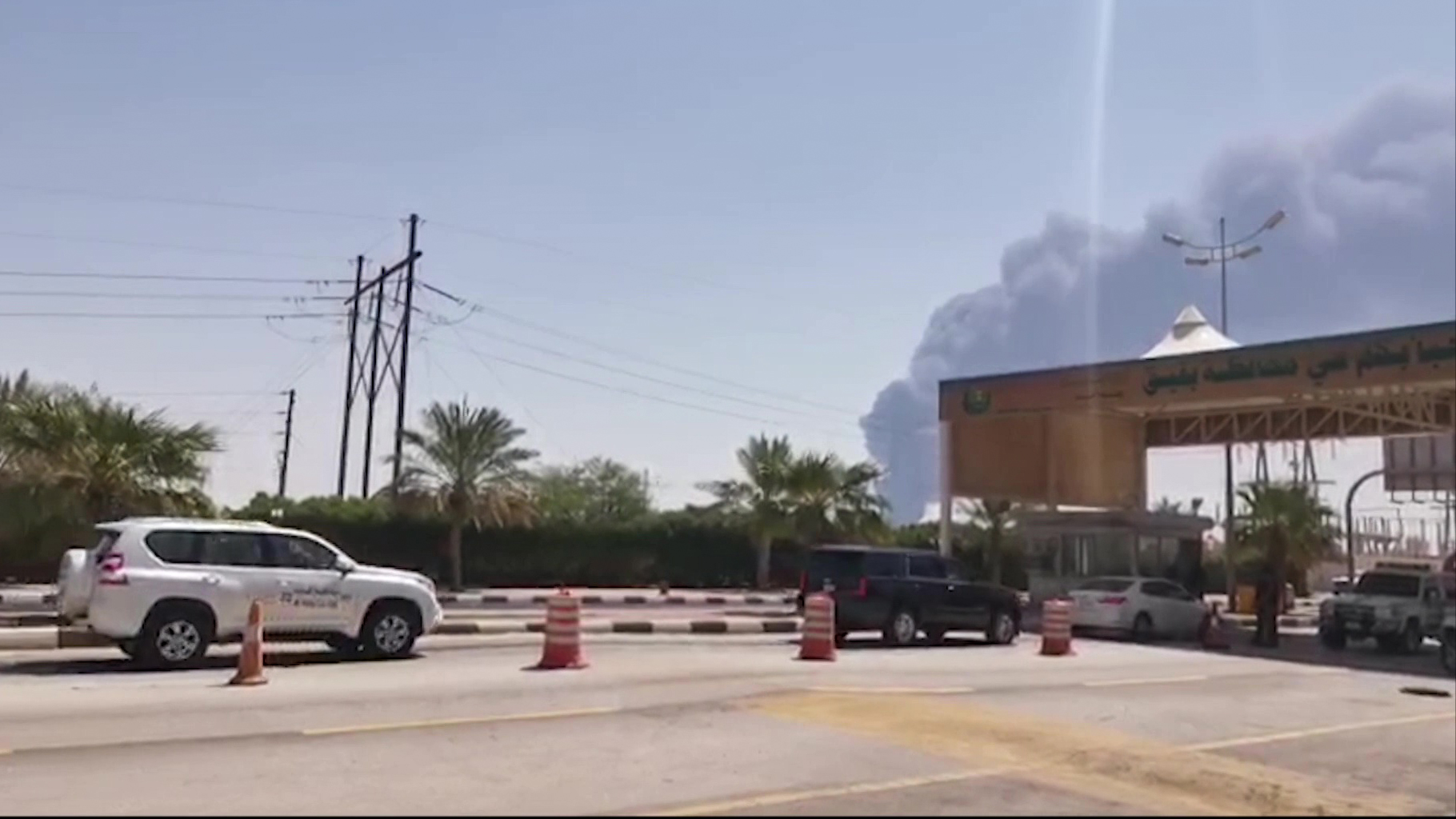Chavez puts Venezuela’s future on oil
TEXT OF STORY
KAI RYSSDAL: The gang at the New York Mercantile Exchange took the money and ran today. Oil trades at the NYMEX, where crude tumbled more than $3 — down to a what somehow seems rational price of $90.13 a barrel. Goldman Sachs said today, and I quote, “It’s time to take the profits out of oil.” The generally bullish investment bank said it doesn’t think there’s much upside left as prices close in on $100 a barrel.
Even with today’s drop, though, black gold’s basically doubled in price over the past year. Which has left big producers sitting on mountains of cash. But it is possible to tip the balance in the wrong direction. Venezuelan President Hugo Chavez is spending billions on social programs and international aid. If the price of oil comes down too far, Venezuela could find itself over a barrel. From the Americas Desk at WLRN, Marketplace’s Dan Grech does the math.
DAN GRECH: Oil experts call it the magic number.
JORGE PINON: The magic number is the price of crude oil at which Venezuela’s national budget will run into a deficit.
That’s Jorge Pinon with the University of Miami. Pinon estimates Venezuela’s magic number to be $55 a barrel. In other words, if the price of oil goes below $55, Venezuela will not bring in enough money to cover what’s going out. Jed Bailey with Cambridge Energy Research Associates is a tad more conservative with his magic number.
JED BAILEY: A good baseline number is somewhere toward the $50 range.
Others, like Michael Shifter with the Inter-American Dialogue, prefer to cover their bases.
MICHAEL SHIFTER: I’d say it’s about $50-60 a barrel.
Calculating Venezuela’s magic number has become a favorite parlor game for oil analysts. The number’s so elusive, in part, because the country plays with its production numbers. Venezuela says it produces 3.3 million barrels of oil a day. OPEC says the figure is closer to 2.5 million and dropping fast. Shifter says calculating the magic number is part art, part science and part politics.
SHIFTER: What people say depends a lot on what they think about Hugo Chavez and what their political perspective is. So if I take an average of what everybody says, that seems to be a pretty good guess.
PFC Energy publishes the magic number for all the OPEC nations. Qatar is at $21 a barrel, because it brings in much more oil money than it spends. Saudi Arabia’s break-even point is at $49 a barrel. And Venezuela is at $58, second only to Nigeria’s $65. Ed Glab is a business professor at Florida International University. He says Venezuelan President Hugo Chavez has good reason to keep his magic number fuzzy.
ED GLAB: Clearly he doesn’t want to admit that his policies are in danger of failing. And right now, with prices being so high, I think he’s quite capable of covering up the truth.
One thing is clear; oil money is being funneled into social spending like never before. The state oil firm PDVSA’s spending on “social development” doubled in 2006 to $13.3 billion. The University of Miami’s Jorge Pinon.
PINON: They’re really in a bonanza. They’re really in quite a surplus of dollars. They’re really behaving like a bunch of drunk sailors on a ship.
With every new petrodollar spent, the magic number ticks upward, and the day when Venezuela starts to run out of cash gets a little closer. Hugo Chavez is wise to this. He’s started stashing away money — tens of billions in a rainy-day reserve. That should keep his economy going, at least for a while, even after the magic is gone.
I’m Dan Grech for Marketplace.
There’s a lot happening in the world. Through it all, Marketplace is here for you.
You rely on Marketplace to break down the world’s events and tell you how it affects you in a fact-based, approachable way. We rely on your financial support to keep making that possible.
Your donation today powers the independent journalism that you rely on. For just $5/month, you can help sustain Marketplace so we can keep reporting on the things that matter to you.


















